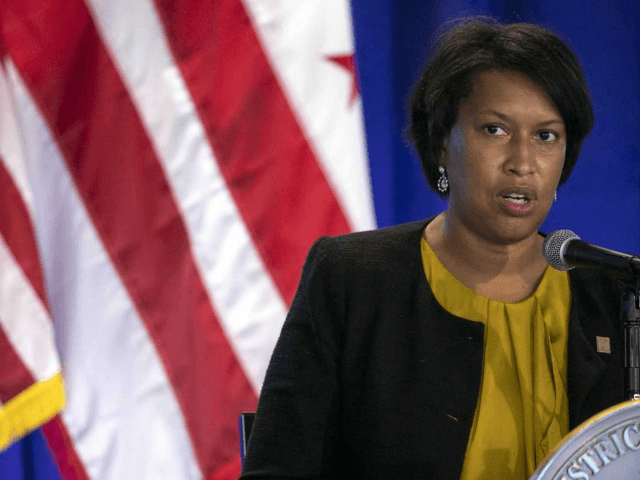District of Columbia Mayor Muriel Bowser announced on Thursday that schools will stay closed for the first term and that all learning will be virtual, citing the well-being of students as the top priority.
But on Friday, Dr. Robert Redfield, director of the Centers for Disease Control and Prevention (CDC), said at a House hearing on the coronavirus that children will face “significant public health consequences” if kept away from school and that the services provided to many children at school don’t get those needs met at home.
“The health, safety, and well being of our students, staff, families, and community are our top priority. Flexibility will be key as we move forward, monitoring the conditions of our community and the health and well-being of students and staff,” Bowser’s office posted on Twitter on Thursday. “Term one will begin on Monday, August 31, and be all virtual for students in Pre-K through 12th grade.”
Bowser is using the hashtag #ReopenStrong on social media.
Corey DeAngelis, director of school choice at the Reason Foundation, argued that the money spent on students based on attendance should be given to parents who will now bear the brunt of educating their children at home, even if teachers will interact with children virtually.
According to the U.S. Census Bureau, the district spent $21,974 per student per year in 2017.
CNBC reported on Redfield’s testimony:
Millions of children get nutritional and mental health services at schools, CDC Director Dr. Robert Redfield told a House Select Subcommittee hearing on containing the coronavirus outbreak. He said school reopenings to be done “smartly.”
“It’s important to realize that it’s in the public health’s best interest for K-12 students to get back into face-to-face learning,” Redfield testified. “There’s really very significant public health consequences of the school closure.”
About “7.1 million kids get their mental health service at schools,” he added. “They get their nutritional support from their schools. We’re seeing an increase in drug use disorder as well as suicide in adolescent individuals. I do think that it’s really important to realize it’s not public health versus the economy about school reopening.”
Follow Penny Starr on Twitter

COMMENTS
Please let us know if you're having issues with commenting.